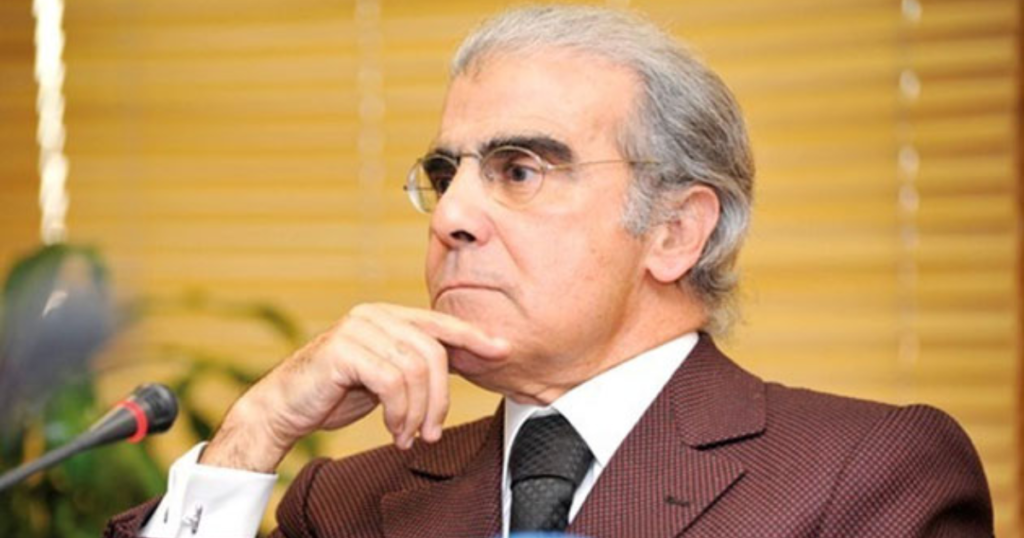Morocco Finalizes Crypto Regulation: Why More African Countries Should Follow Suit

Despite growing use, cryptocurrencies have struggled for legitimacy in Africa for years. However, according to Chainalysis, a blockchain data platform, crypto usage on the continent is growing faster than anywhere else, with transaction volumes increasing 1,200 percent between July 2020 and 2021. Reports suggest that one in every three persons in Nigeria has already used cryptocurrency, making Africa’s largest economy one of the largest crypto markets in terms of users worldwide.
Kenya was ranked top in the world in terms of peer-to-peer crypto trade in 2021, while Nigeria saw a meteoric rise in crypto use despite a ban. The rapid adoption rate is fueled by a young population that sees virtual currencies as a safer alternative to their over-inflated national currencies.
Nonetheless, over the years, African governments’ responses have ranged from indifferent, lack of regulation to outright bans that have proven ineffective in slowing trading.
The Central Bank of Nigeria, for instance, has prohibited its financial institutions from facilitating cryptocurrency transactions, and 23 other African countries have either implicit or total bans on trading (Africa accounts for more than half of the countries that restrict the purchase of cryptocurrencies.)
Regulating Crypto Use
Most crypto regulations in many African countries are very unfavorable to their users. Still, countries such as South Africa and Mauritius have shown how a progressive stance toward cryptocurrency can create enormous benefits for the people and the government.
Right now, African countries need progressive laws to pique the interest of the private sector and institutional investors and protect their investments.
Recognizing the growth of cryptocurrency in the country, the Moroccan Central Bank announced last year that it is “engaging with the central banks of friendly nations such as Switzerland and France to learn from their expertise and experience.”

Abdellatif Jouahri
The governor of Morocco’s central bank, Abdellatif Jouahri, stated that the institution was in talks with two other major financial institutions and that adopting cryptocurrencies in the country was a matter of ‘when’ rather than ‘if’ because it represents the future.’
We are currently unable to adopt cryptocurrencies due to a lack of national and international regulatory and legislative frameworks. The G20 and many countries emphasize the importance of a crypto regulatory framework and a CBDC regulatory framework (Central Bank Digital Currencies).
Again, the governor stated today that crypto adoption should be postponed until a legal framework is in place.
According to Jouahri, the country is working with established industry players to develop a final regulatory framework to guide the crypto sector. And it is expected that this framework will be submitted soon.
According to Jouahri, they formed a committee to “put in place an appropriate regulatory framework to combine innovation, technology, and consumer protection.”
He also stated that the central bank, Bank Al-Maghrib (BAM), is in discussions with the IMF and the World Bank about the standards to use.
This is significant because the development suggests that the regulation will not outright ban cryptocurrency but rather guide its use in the country.
Remember that the IMF has been urging governments to regulate the cryptocurrency sector. However, they issue warnings about the risks of legalizing digital assets such as Bitcoin.
The regulation’s top priorities will be innovation and consumer protection. Furthermore, the regulatory framework will address money laundering and terrorism financing, noting that “the regulatory framework will also update the legislation on the fight against money laundering and terrorist financing.”
Morocco, like many other African countries, banned cryptocurrency trading in 2017 and has since issued numerous warnings about the use of digital assets, citing a lack of consumer protection, wild volatility, and their use for illegal purposes.
However, cryptocurrency adoption in North African countries has continued to rise.
According to a report from Triple-A, a Bruneian crypto payments company, Morocco led the North African region. It was ranked 50th in the world in crypto adoption as of January 2022. According to data, 2.4 percent of Moroccans use or own digital assets.
According to the most recent data from 2021, the country ranked fourth in Africa in terms of crypto trading volume ($6 million), trailing Nigeria, South Africa, and Kenya.
Instead of trying harder to stifle the wild crypto adoption across the continent, African governments must synergize with the critical stakeholders in the African crypto ecosystem to develop progressive laws to regulate the sector to harness the enormous economic benefits it can offer.
